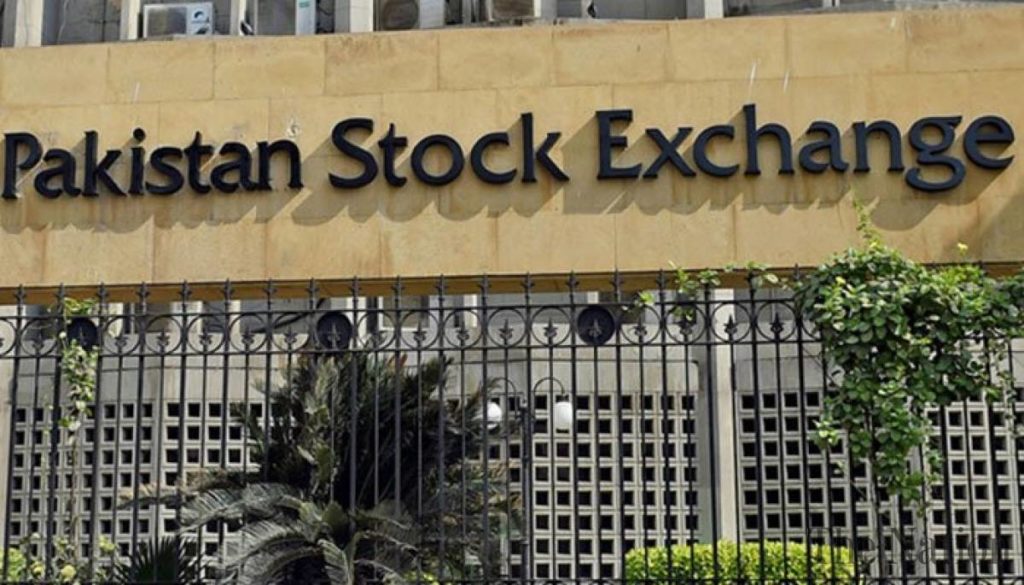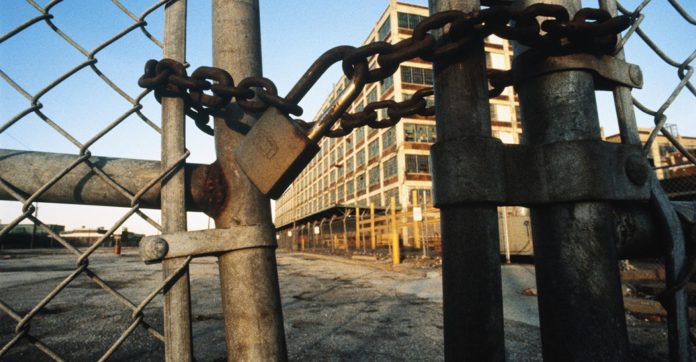Dear Readers,
Pakistan’s initial response in the weeks since Pakistan’s first few confirmed cases of coronavirus laid bare the weaknesses in public health and economic stability, questions were raised about Pakistan’s capacity to weather a large scale outbreak. With factories and businesses shutting down and owners unable to meet overhead costs, many workers had to be laid off or put on unpaid and indefinite leave. The govt of Pakistan Tehreek-i-Insaaf (PTI) is doing its best in dealing with the threat without harshly impacting the economy. Among the many dangers it faces are the soulless opportunists who want to escape accountability and will do anything to achieve their narrow political aims. The media in most countries today has a single point agenda: COVID-19. In Pakistan, a section of the media is under influence of those having a single-point agenda: how to politicise the coronavirus to serve their own interests and stir up public unrest. Pakistan is fighting a global pandemic, the scale of which is much more difficult than fighting a war. The situation is grim with the number of confirmed coronavirus cases soaring over 9000 while the death toll exceeds 190. We are now entering a phase where the pandemic is likely to grow at a faster rate and will affect more people and areas. This can literally destroy us from within, the virus is evolving and our plans to fight this will also need to be modified on a continuing basis. We are faced with a serious crisis today. For the benefit of readers my article titled “AN EMERGENCY IS ON US!” is reproduced below.
The Coronavirus crisis has rolled over the world. By the time the seriousness of the situation dawned upon national governments and WHO the virus had spread across borders and infected thousands. Unprecedented actions restricting social contacts and travel including civil rights of like freedom of assembly have been put in place. Infringements on these strict rules are punishable, in Germany for instance by imprisonment up to two years. This is a rather questionable threat at a time when prisoners with minor time left to serve are released from prisons or the incarceration of new delinquents is postponed so as to lower the density of prison population. But it shows how determined the governments are to fight the spreading of the virus and protect the population. There is a realization arising though not yet taking precedence that this epidemic is changing the world in a way that we right cannot yet imagine. Many basic convictions will not be valid any more. But this is part of a future that is not yet fully visible at present.
What is already visible now is that the economic fallout of the crisis is going to be more fatal than the medical side of the story. Apart from vulnerable parts of the population like elderly and those with pre-existing illness the rest of the population show mild symptoms or recover after a spell of illness and children seem to hardly fall ill at all. But the measures taken to segregate the countries and people from each other are creating a much stronger crisis by destroying economies, economic and financial relations, supply chains and, therefore, full industries and the income of millions of people. On Monday stocks plunged over 2,375 points in its biggest one-day point fall in history, tracking a crash in global equities as the pandemic wreaked havoc on international oil and stocks markets. On the global front, the morning after the US Federal Reserve cut its interest rates to near zero at the urging of President Trump a move that was actually meant to stabilize jittery markets that worried about the economic fallout from the global response to the coronavirus pandemic all of the indexes posted major losses. For the third time in the past two weeks, the Dow hit its emergency circuit breaker as the market opened; the S&P also halted trades. The Dow Jones Industrial Average was down nearly 10% at the open, falling by 2,250 points to 20,935; the Nasdaq was off by 6.12%, falling 7,392.73; the S&P 500 fell by 8.14%, or 220.55, to open at 2,490.47.
Travel restrictions and flight cancellations imposed because of the COVID-19 pandemic have severely limited travel and hundreds of thousand flights have been cancelled threatening the very existence of multiple airlines. Across the world, airlines have announced drastic reduction in their operations in the wake of the coronavirus outbreak. It is predicted that most airlines in the world will be bankrupt by the end of May and only a coordinated government and industry action right now can avoid the catastrophe, said global aviation consultancy firm CAPA in a note on Monday. In addition, flight cancellations hit cargo flights as well and the available cargo capacity that is needed to ship medicines and other goods is impaired. The International Air Transport Association urged governments to keep at least air cargo flowing to prop up supply chains and transport medical necessities during the deadly new coronavirus outbreak.
Pakistan so far has paid scant attention to the economic side of the pandemic. Pakistan’s economy has been in a bad shape even without all the global turmoil though slight signs of a beginning recovery have been seen recently the situation is still quite volatile. Though the full economic outfall of the global crises is not yet here, but it surely will come and it will endanger the national security of our country. So far not enough attention has been given to the economic threat by the federal government. Social segregation with closing of restaurants and public places will impair the income of service personal. Our airlines as in trouble as well. But the poor of the country are in need of support as well. An especially vulnerable group of our population is the daily workers group who have mostly no way to patch up their income. It seems the situation is already deteriorating along the western border with Baluchistan and Afghanistan. The closing the borders with Afghanistan and Iran for people has disrupted local cross border trade and exchange of goods which brings the local economy down and leaves people without income. Especially in those volatile areas riots in the face of hunger and insufficient medical and other supplies may arise.

Our stock market is mirror of the crisis. The Pakistan Stock Exchange (PSX) benchmark KSE-100 shares index lost 6.59 percent or 2375.97 points to close at 33,684.91 points level. KSE-30 shares index followed suit with a low of 7.19 percent or 1,151.72 points to end at 14,864.92 points level. Dealers said only three out of KSE-100 stocks registered gains with low volumes while overall decline was across the board. That means Pakistani industries will need financial and other help so as to be able to sail through this emergency. There is a dire need to give priority to supporting our economy and the economic survival of the people over the medical.
International measures like suspension of social contact and others also show that the pandemic has a political outfall. Meetings are cancelled and national emergencies are declared in the US and in Germany for instance. The armies are out to help in keeping law and order. It is high time that Pakistan also takes care of the looming law and order problems. Those parts of the Constitution that provide freedom of press and congregation have to be suspended for the time being and the imposition of 144 in Punjab is a step in the right direction. The announcement of a national emergency could be useful to contain all kinds of untoward incidents. It is ridiculous to demand press freedom especially in a case that is treating the arrest of a media owner in a criminal case for an attack on press freedom in a situation when newspapers and TV channels trade false information and allegations that may disturb law and order in the country. While not commenting on the merits of the case, the protests could have been more muted and addressed the charges against MSR.
May be a change in the medical policy should also be considered. For instance, the Dutch Prime Minister Mark Rutte promoted the idea of “group immunity” while waiting for a vaccine to be developed. That means to avoid full lock down of the country thus limiting the economic losses and concentrate on the protection of vulnerable groups of the population only. By letting the least vulnerable people catch the virus while protecting the elderly and sick the anyway thin medical cover of our health care system would concentrate on those most vulnerable.
This pandemic is a first in history situation not only for Pakistan but for most of the world and no ready-made concepts and prescriptions are available. Pakistani leadership should not blindly follow others who are also only trying to make sense of the situation. We need to stay flexible and consider all options and get our priorities right.
“The opinions/views expressed in Defence Journal are entirely those of the writers and cannot be construed to reflect the official views of Defence Journal”.




